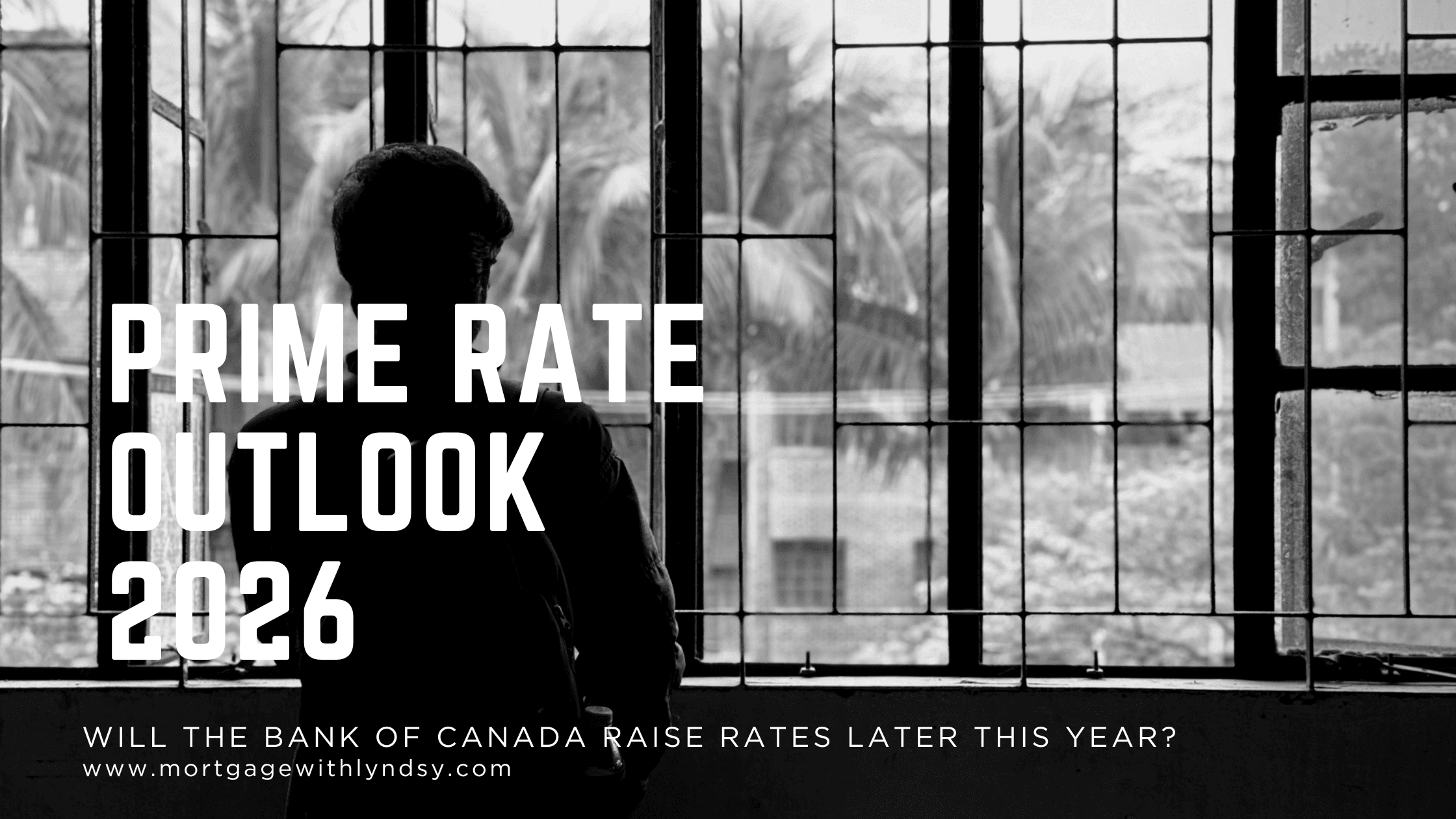Being self-employed has its perks—flexibility, independence, and the potential for high earnings. But when it comes to getting a mortgage, things can be a bit more complicated. If you’re thinking about buying a home or refinancing your current one and you’re self-employed, this guide is for you. I’ll walk you through the basics of self-employed mortgages and what you need to do to qualify.
What Is a Self-Employed Mortgage?
A self-employed mortgage is simply a mortgage for people who run their own business or work as freelancers. Unlike traditional employees, self-employed individuals don’t have a steady paycheck to show lenders. Instead, they need to prove their income through other means. This can include showing your business income, tax returns, and other financial documents.
Why Are Self-Employed Mortgages Different?
Banks and other lenders see self-employed individuals as higher risk compared to salaried employees. This is because your income might fluctuate from month to month or year to year. Lenders want to make sure you can keep up with your mortgage payments even if your business has a slow period. That’s why they usually ask for more paperwork and have stricter criteria for approving self-employed mortgages.
Key Documents You’ll Need
To apply for a self-employed mortgage, you’ll need to provide several documents that show your financial stability. These typically include:
- Income Tax Returns: Lenders usually ask for the last two years of tax returns. This helps them see a pattern in your earnings.
- Business Financial Statements: These include your profit and loss statements, which show how much your business makes after expenses.
- Bank Statements: Some lenders may ask for recent bank statements to see your cash flow.
- Notice of Assessment: This is a summary of your tax return from the Canada Revenue Agency (CRA), showing whether you owe taxes or are due a refund.
Tips for Getting Approved
- Keep Good Records: The better your financial records, the easier it will be to prove your income. Make sure to keep all your receipts, invoices, and bank statements organized.
- Save for a Larger Down Payment: Having a larger down payment can make you look more financially stable to lenders. It can also help you get a better interest rate.
- Work on Your Credit Score: A good credit score can improve your chances of getting approved. Make sure to pay your bills on time and avoid taking on too much debt.
- Consider a Co-Signer: If you’re having trouble qualifying on your own, you might consider asking a family member or friend to co-sign your mortgage. This person would share responsibility for the loan, which can make lenders more willing to approve you.
Call to Action: Let’s Make Your Homeownership Dream a Reality!
Navigating the world of self-employed mortgages can be tricky, but you don’t have to do it alone. With my years of experience as a mortgage broker, I can help you understand your options and find the best mortgage for your unique situation. Whether you’re buying your first home or refinancing, I’m here to guide you every step of the way.
Ready to get started? Reach out to me today to discuss your options and take the next step toward owning your dream home. You can contact me via email or phone. Lets talk mortgages.

